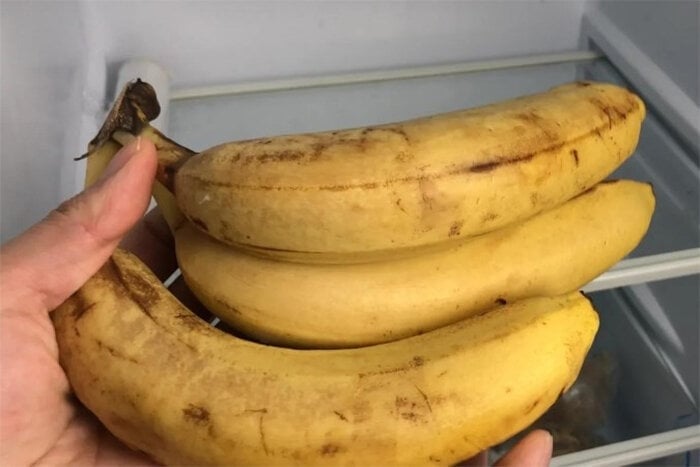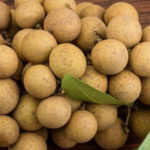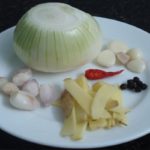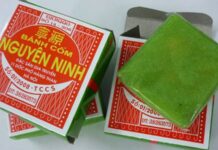Foods You Shouldn’t Store in the Refrigerator
Many homemakers view the refrigerator as a versatile food storage solution, believing it can accommodate any food item without worry. However, there are certain foods and beverages that are not suitable for refrigeration and may even spoil faster when stored inside.
While refrigerators maintain low temperatures and effectively preserve food, especially during summers when hot, humid air increases the risk of spoilage, they can also accelerate the deterioration of some foods. Certain items may alter in flavor and lose nutritional value when refrigerated.
Here are five types of food that experts advise storing outside the fridge as they are more susceptible to damage when chilled.
Some Foods Are Best Kept Out of the Fridge
Tropical Fruits
Tropical fruits like bananas, lychees, and mangoes are summer favorites. Often, people buy these in bulk and store them in the fridge, thinking the cold will keep them fresh for longer. However, tropical fruits do not thrive in the cold environment of a refrigerator; they prefer a dry and warm atmosphere.

Tropical fruits like bananas, lychees, and mangoes are summer staples.
The low temperature can cause the peels of bananas, lychees, and mangoes to turn black, reducing the quality and nutritional value of the flesh inside. Therefore, it’s best to store these fruits in a cool, dry place indoors and buy only what can be consumed within a few days.
Dried Herbs
Dried herbs like goji berries, jujubes, and floral teas can absorb moisture and quickly develop mold if kept in the fridge. Moreover, the odors from other foods can affect the flavor of these herbs, diminishing their unique characteristics. For optimal storage, keep dried herbs in a cool, dark place, away from direct sunlight and moisture.
Bread and Buns
While low temperatures can extend the shelf life of bread and buns, the refrigerator is not the ideal place to store them. The cold environment can cause the flour in the dough to crystallize and become hard, impacting their taste and texture.
Baked goods can also absorb odors from other foods in the fridge, diminishing their freshness. If you need to store bread or buns for an extended period, wrap them tightly and place them in the freezer instead.

Low temperatures may extend the shelf life of bread and buns, but the fridge is not their ideal home.
Coffee and Tea
Many people store coffee and tea in the refrigerator, but this is not the ideal place for these dry goods. Coffee and tea can be altered by the moist, odorous environment of the fridge.
This may diminish their flavor and encourage mold. Instead, store coffee and tea in a cool, dry place, away from direct light, to preserve their freshness and flavor.
Onions and Garlic
Additionally, onions and garlic have strong odors, and storing them in the fridge may affect the smell and taste of other foods. For long-term storage, keep them in a cool, dry place, away from direct sunlight.
Do You Need to Refrigerate Your Lotions, Masks, Toners, and Cosmetics?
Are you wondering if you should store your lotions, masks, toners and cosmetics in the refrigerator? Read on to find out the answer.
More Useful Advice for Homemakers (Part 2)
Have you heard of the surprisingly easy tips to make cooking and household chores simpler? White radish eliminates the acrid taste of salted meat, adding alum to raw shrimp helps soften it, and adding cold water when frying eggs can make them crispy – these are just a few of the tricks to make your life easier.





































